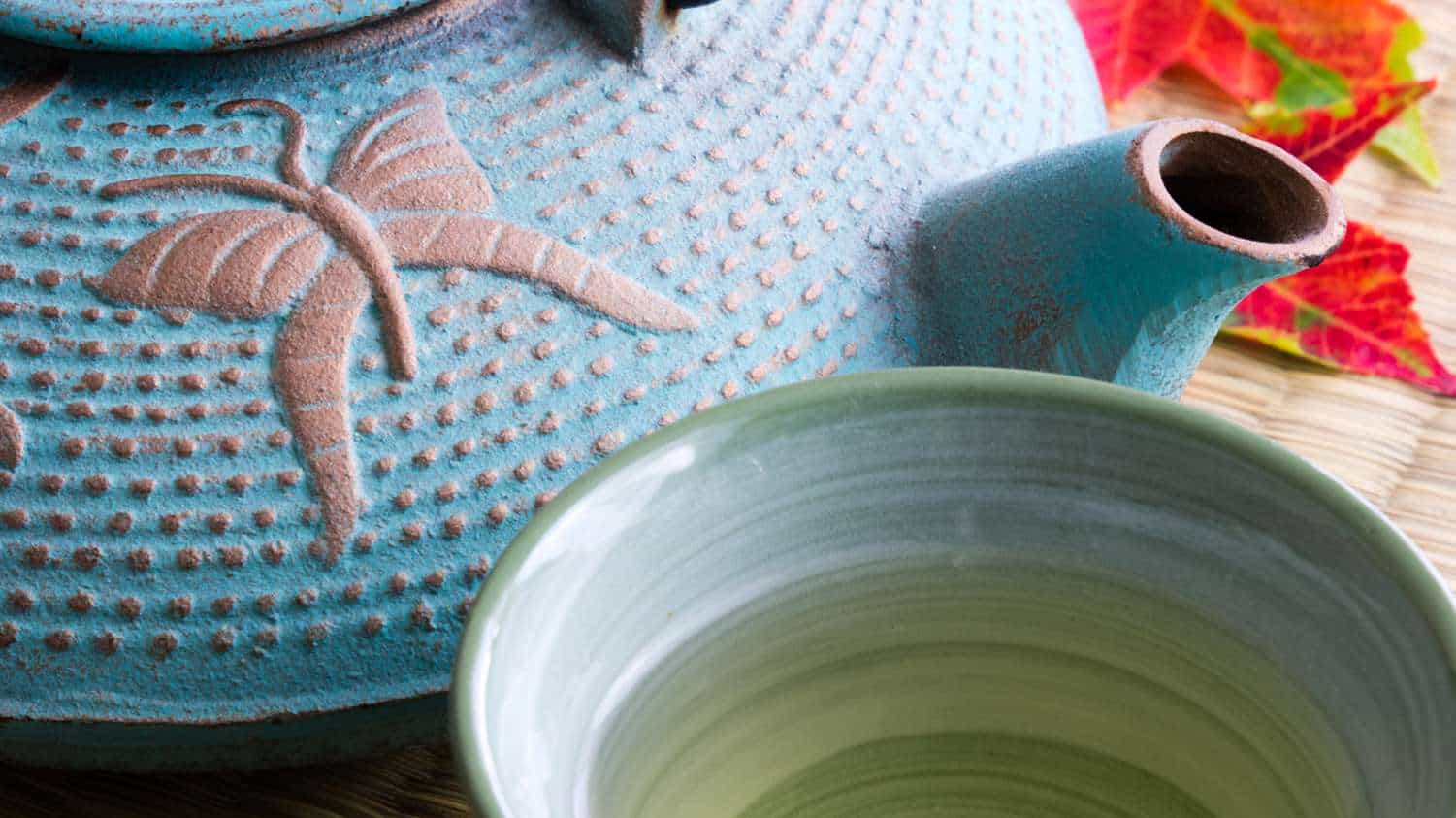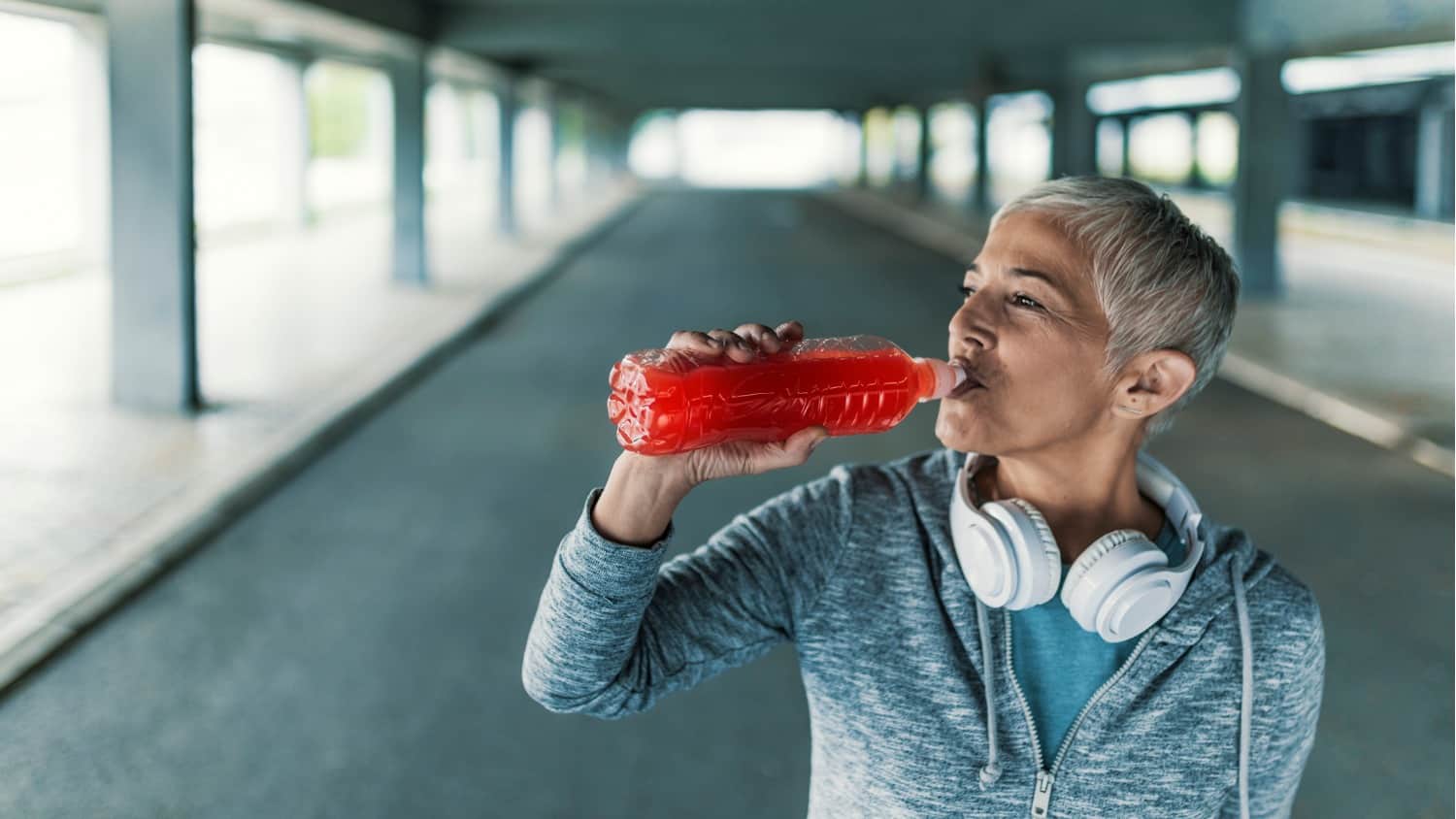
Winter Hydration and Why It Matters
The extreme warmth of summer is a great internal reminder to drink more fluids. However, when the colder months come around, we should continue to keep this top of mind as we can become just as easily dehydrated in the winter as in the summer, especially as we get older.
Older Adults Are at a Greater Risk for Dehydration
As we age, our sense of thirst diminishes, leading to a lower fluid intake. Older adults are also at heightened risk of dehydration because we retain less water as we age. Even the low humidity of winter’s indoor heating can dehydrate a person faster than expected.
Lastly, and of key importance, are medications. Medications we take may increase our risk for dehydration. Certain medications such as diuretics may pull water from the body and increase the amount we urinate, or we may be taking medications that can cause fluid loss as a side effect like vomiting or diarrhea.
When it comes to medications, ask your healthcare provider or a pharmacist if your medications increase your risk for dehydration.
5 Tips to Stay Hydrated in Winter
So, what else can you do for an effective winter hydration routine?
Set a Daily Water Goal
Of course, drinking plenty of water is a big part of supporting hydration. Carrying around a portable, reusable water bottle with you is a great way to get into the habit of drinking water throughout the day. Put the water bottle already filled into your refrigerator overnight, so it is ready to go when you are ready to start your day or when you are ready to run out the door in the morning.
If you are caring for a loved one, set timers to help remind your loved one to drink fluids throughout the day. Treat yourself to a water bottle that has time markings to keep you on track throughout the day to meet your targets.
Add Hydrating Foods to the Mix
Eating your way to hydration may just be the best trick to staying healthy over the winter months. Start your day right by including fruit high in water content such as peaches, strawberries, oranges, and low-fat yogurt for breakfast.
Prepare some celery sticks, cucumbers, bell peppers, honeydew, grapes, or cantaloupe for a snack. Add low-sodium homemade soups or broths to your winter menu.
Warm It Up
Stay warm and hydrated with caffeine-free herbal teas such as chamomile, lemongrass, or ginger tea. Add warm lemon water to your day. If you have a sweet tooth, even a healthy version of hot chocolate made from low-fat milk, dark chocolate, and lower-sugar maple syrup can keep you cozy, warm, and hydrated.
Use a Humidifier
Between the chilly, dry air outside and the hot, dry air that heats your home, your whole body can become dehydrated and dry. Using a humidifier can help to support your body’s hydration by keeping moisture in the atmosphere of your home. Humidifiers also help to boost saliva production and relieve dry, itchy skin.
Pay Attention to What Else You Drink
Not all beverages are created equal. It’s just as important to watch what we drink as how much. Caffeine and alcohol act as diuretics, causing water loss. The caffeine in coffee, soft drinks and tea increases your body’s water output, offsetting some of the benefits of taking in the fluid.
Even caffeinated tea can cause dehydration. According to Medical News Today, some of the teas that are the highest in caffeine include yerba mate, matcha, black, Pu-erh, and oolong tea.
With so much to enjoy during the winter months, stay one step ahead with your health by being hydrated throughout the season. Your body will thank you!
If you haven’t yet gotten around to taking our short survey, please do it by December 31st! We will appreciate your input!
Let’s Have a Conversation:
What’s your favorite hydrating beverage? What about your favorite hydrating food? What other hydration tip are you going to incorporate this winter? Do you have any additional hydration tips?
Tags Healthy Eating







Coconut water is excellent!
Any opinion on electrolyte balance? Electrolytes include sodium, calcium, potassium, chloride, phosphate, and magnesium.
Thanks for this article. This tips really help us to stay hydrated and healthy throughout the winter months. 💕